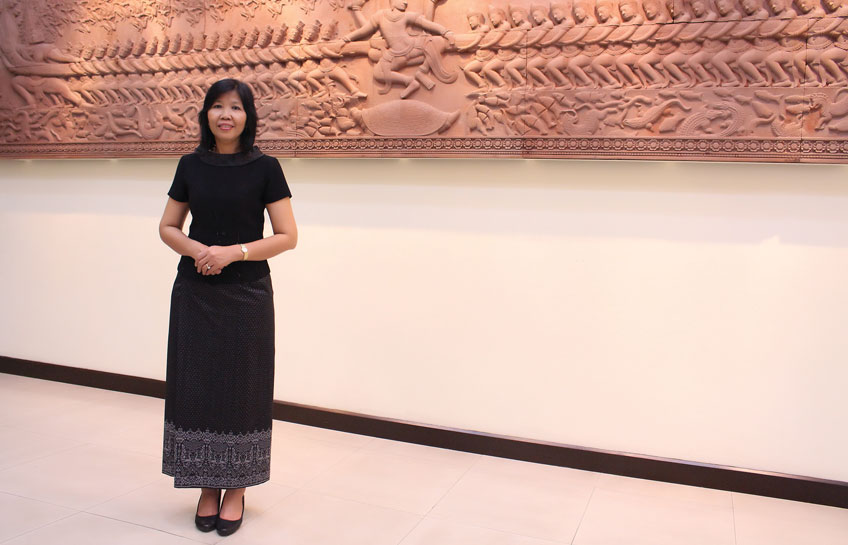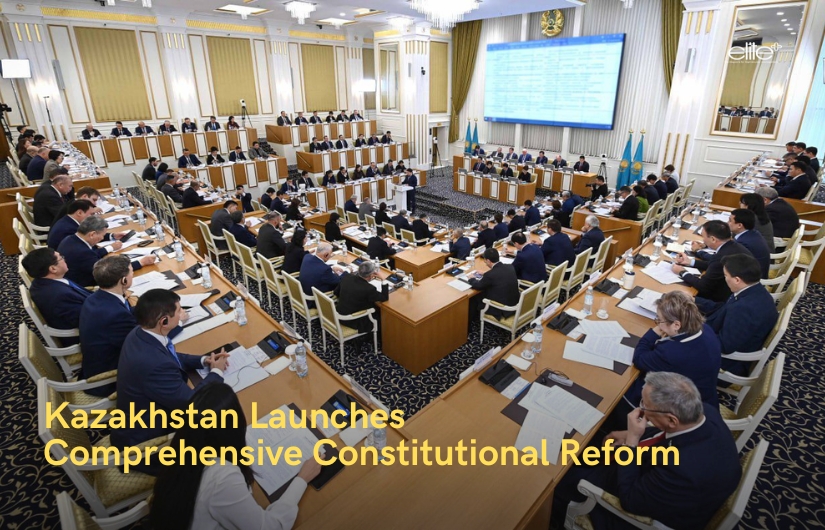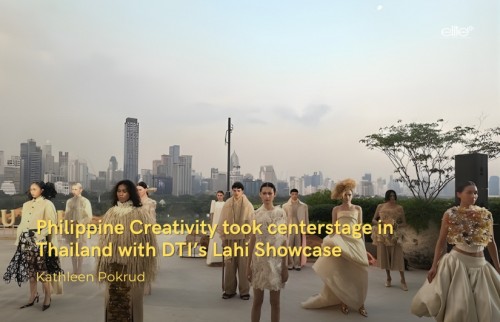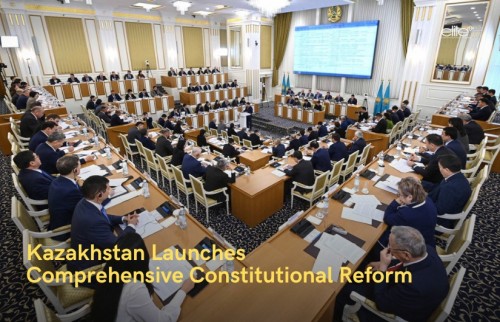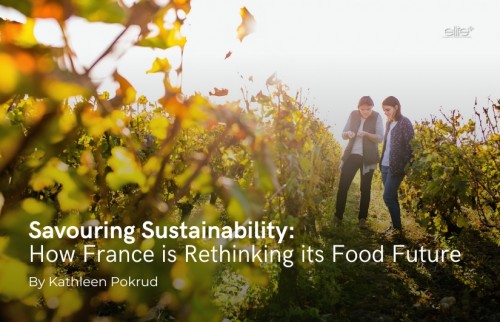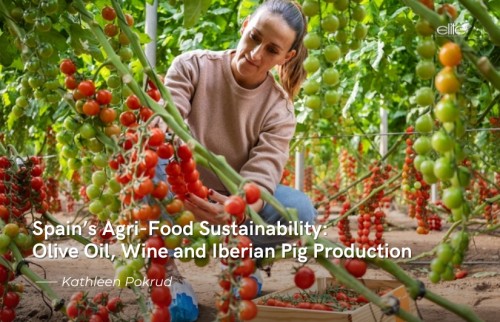As Ambassador Eat Sophea explains, relations between Cambodia and Thailand are the best they have been in years, with potential for greater investment and even closer cooperation
When Her Excellency Eat Sophea, current Cambodian ambassador to Thailand, was informed she would be assigned to Bangkok, the news caught her by surprise.
“I never expected to be posted to Thailand, because in the Ministry of Foreign Affairs, Bangkok is considered to be a big and very important post,”she told Elite+ in an exclusive interview at the Cambodian Embassy. “I felt honoured to be considered capable enough to handle the work here.”
The two countries have a unique diplomatic relationship that has been marked by conflicts over territorial and other issues. Diplomats posted to Bangkok and Phnom Penh must be able to handle unexpected events and heavy pressure with charm and a positive attitude towards mending ties.
Ambassador Sophea has the requisite qualities. In her first 17 months she gained a reputation in the diplomatic community for being efficient and sincere, with an optimistic and helpful attitude that has done much to strengthen ties, even though Bangkok is her first post as an ambassador.
Previously she was an undersecretary of state in the Foreign Ministry, covering Africa and the Middle East. She was chief of the cabinet of the Foreign Minister from 2004 to 2012, and was also second secretary at the Cambodian Embassy in New Delhi, India. The latter was familiar territory, as she studied English at the prestigious Jawaharlal Nehru University in India before receiving a master’s degree in public policy and administration from Flinders University in Adelaide, Australia.
Ambassador Sophea arrived in Bangkok on April 9 last year, when the city was virtually shut down by protesters. A month later, former Prime Minister Yingluck Shinawatra was removed by the coup. The ambassador’s first big test came after two months, when there were rumours of a crackdown on illegal labour by the new military government. Around 100,000 migrant workers, mostly Cambodians, returned home in haste, causing labour shortages, especially in the Thai construction and fishing industries. HE Sophea and ambassadors from Myanmar and Laos worked with Sihasak Phuangketkeow, then permanent secretary of the Foreign Ministry, to ease the labour exodus.
Since arriving in Bangkok, Ambassador Sophea has taken part in conducting two business seminars to invite Thai companies to invest in Cambodia. Despite their shared border, Thailand ranks only eighth in foreign investment in Cambodia, while being third for imports. This trade deficit is understandable. Conflicts dented the investment atmosphere from 2008 to 2011, but the situation has since improved. Bangkok Bank reopened a branch in Phnom Penh earlier this year, and more Thai investors are likely to follow.
“The first thing investors need to know is that Cambodia is fully at peace,” said Ambassador Sophea. “I can assure you that we have the best investment laws and policies in the region. We provide generous incentives and our economy is growing. We have a growing middle class. So our population becomes stronger in terms of purchasing power.”
For investment in Cambodia, Thai companies can take advantage of low-cost labour and generous incentives, such as land leases up to 99 years, tax holidays up to nine years and tax exemptions for construction materials for building factories and the right of foreigners to buy condominiums.
Potential sectors for Thai investors are tourism, agriculture, infrastructure construction and energy. “I am really impressed by Thailand’s strength in hospitality, which can be put to use in Cambodia.”
“Along our historical path, Cambodians and Thais have experienced periods of very warm relations and also difficult times, which is not uncommon in the case of neighbouring countries,” said Ambassador Sophea. “With so much going on across our borders, with large movements of goods and people, there are bound to be problems and issues cropping up from time to time.”
The ambassador says that recent diplomatic conflicts may have been due to the political agendas of certain groups. But the feeling among the governments and peoples in general remains cordial.
“Of course, there are border issues to be settled and we can resolve the remaining problems by talking, and indeed mechanisms to resolve the border demarcation are already in place. You cannot resolve the issue by force because it is not possible and it does not do any good to either side. We are neighbours and that is a fact that we cannot change. We have to live together. We have already had cultural affinity and our economies are co-dependent and we both are part of the ASEAN family. This is a fact that we must use to promote friendship between Thailand and Cambodia.”


